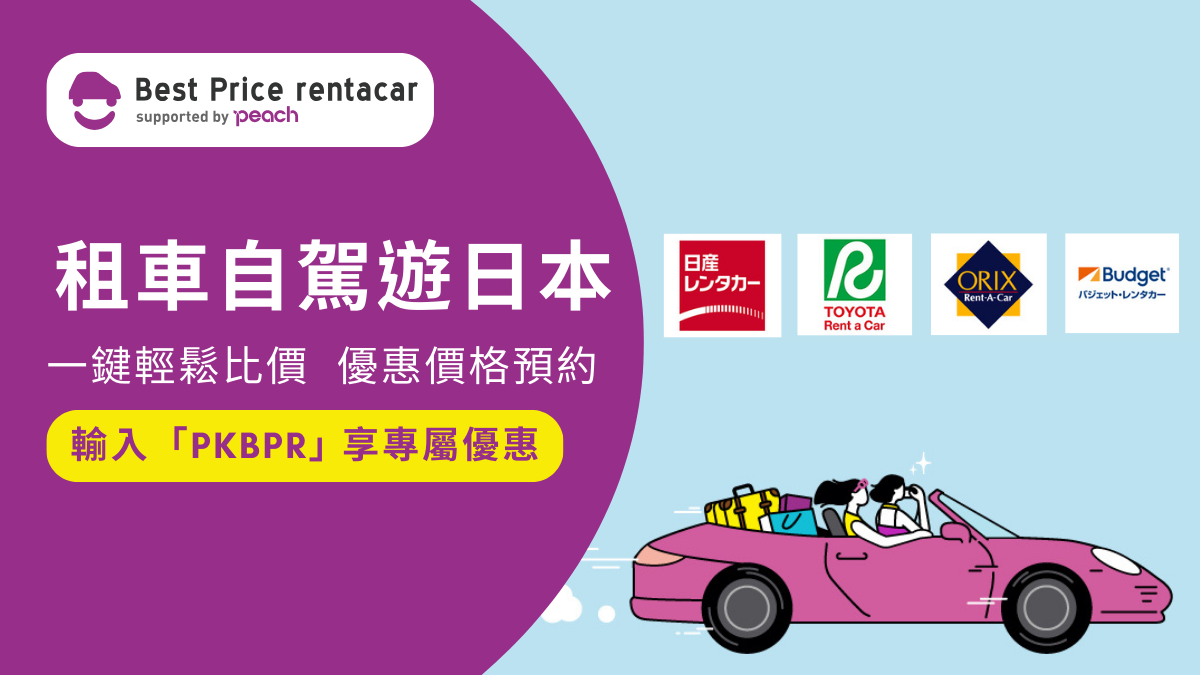精英翻譯轉自https://paper.udn.com/papers.php?pname=POH0054
Media used to be simple. If you wanted the news, you bought a newspaper. You didn't have a lot of choices: maybe two or three to pick from. And these newspapers paid journalists to go out and find the news. If they wrote lies, those people would lose their jobs.
媒體曾經很單純。如果想知道新聞,買份報紙就好。而且選擇不多,也許只有兩三家報社可挑選。而此類報紙會花錢請記者去外頭跑新聞。如果記者報導不實新聞,還可能丟掉工作。
The Internet changed all that. Now there are thousands of news websites to choose from, and a lot of them are free. This means they cannot pay journalists. So how do they get their news? Maybe they get the information secondhand, from newspapers or other websites. Or maybe they just make it all up.
網路改變了所有媒體生態。現在有許多新聞網站可選,而且很多網站還可免費瀏覽。這表示網站付不起記者的酬勞,那麼要如何拿到新聞?也許他們會從報紙或其他網站取得二手資訊,或是直接杜撰。
"Fake news" is news with inaccurate information. Sometimes this is on purpose. Sometimes it is because of a simple mistake. But fake news is a huge problem. It can even be hard to know what is real and what is not sometimes.
「假新聞」意指資訊不準確的新聞。有時是蓄意捏造,有時是單純出錯。但假新聞是個大問題。有時候甚至很難判斷孰真孰假。
How can a reader spot fake news? Always think of the reputation of the website. Media companies and journalists care about their reputations. They might not be right all the time, but they won't try to trick their readers on purpose.
那麼讀者該如何辨別假新聞?請一定要先思考一下網站的聲譽。媒體公司和記者十分在乎自己的聲譽。他們也許不一定都報導正確,但是不會故意欺騙讀者。


 留言列表
留言列表



 {{ article.title }}
{{ article.title }}